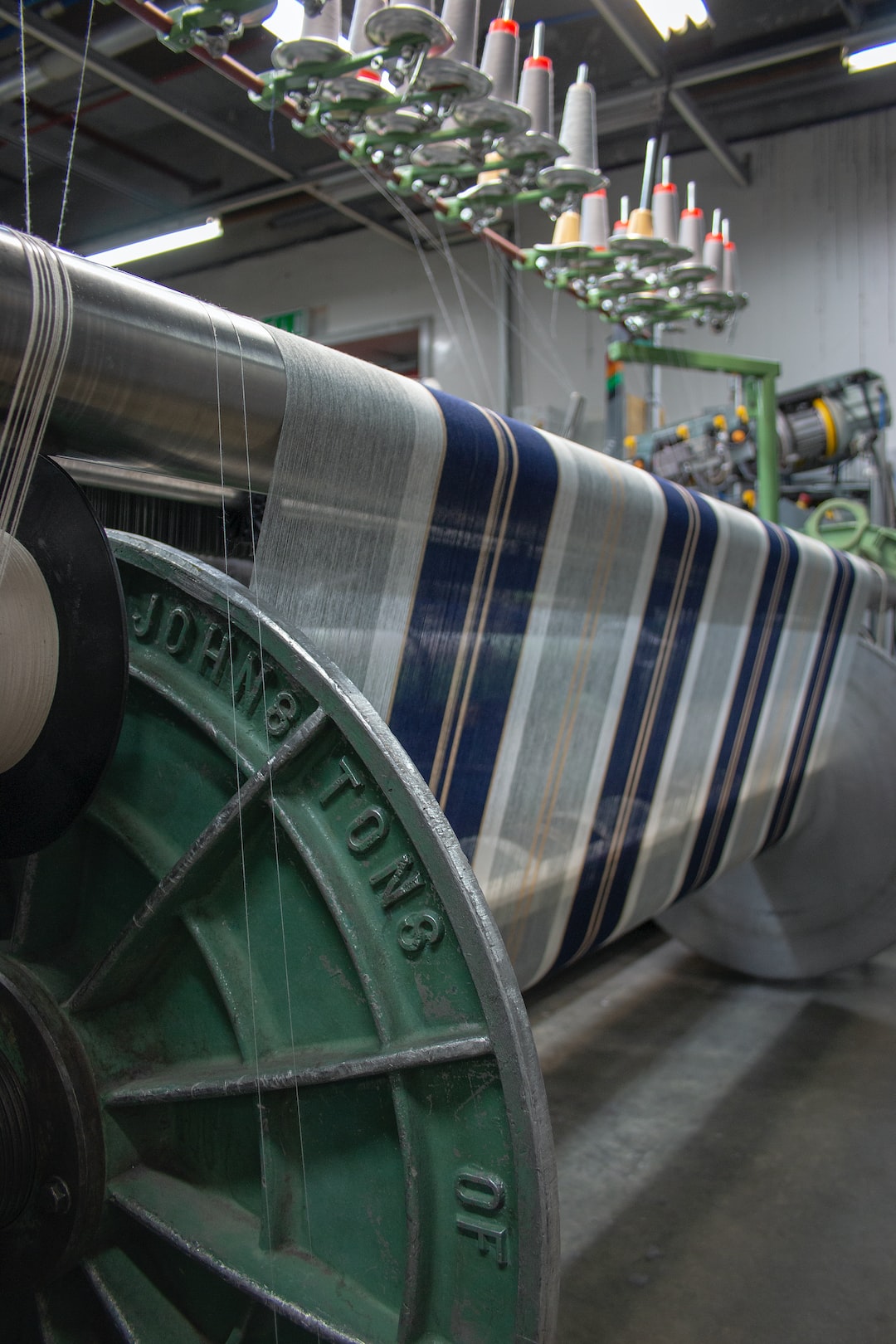Economic downturns can pose significant challenges to companies that have adopted lean manufacturing practices. During difficult financial times, companies often struggle to maintain lean processes and sustain their competitive edge. The issue of cost-cutting can threaten the stability of lean processes that had been put in place. The question is, how can companies maintain lean manufacturing practices during economic downturns?
One of the critical aspects of maintaining lean manufacturing processes during an economic downturn is to remain focused on continuous improvement. Companies must continue to search for ways to optimize their operations, reduce costs, and maintain the highest levels of efficiency. A continuous improvement mindset demands that the company is always in the search for waste and inefficiencies. Lean manufacturing strives for the creation of efficient systems and processes to create value for customers. By working collaboratively with suppliers and customers, the company can identify opportunities for improvement and implement necessary changes to streamline its operations continuously.
Another vital factor to maintain lean manufacturing practices during economic downturns is to build a robust and efficient workforce. Lean systems require trained and motivated employees who understand the value of the process and the importance of their role. During a downturn, companies need to be proactive in training their employees and investing in their professional growth. They should also ensure that their employees have the right tools and materials to perform their best. By having a high-powered workforce, the company can build resilience in the face of economic challenges and increase control over their operations.
Reducing waste and improving efficiency can also help organizations manage the challenges of economic downturns. During tough times, companies need to look for cost-saving measures without sacrificing quality or lean practices. The lean methodology encourages companies to eliminate waste and improve processes continually. By reducing waste across the value chain, companies can reduce their costs, improve efficiency, and enhance their ability to weather economic storms. The ability to control costs through waste reduction is one of the most important factors that companies must employ to maintain lean principles during tough economic times.
Another strategy for maintaining lean manufacturing practices during economic downturns is to shield essential processes and products from the effects of the downturn. By focusing on critical products and services and insulating them, companies can help prevent their top products or critical areas of production from floundering during tough times. This strategy enables them to avoid spreading resources thinly across the board and instead concentrate on quality products or services which they excel in.
In conclusion, economic downturns may present new challenges to companies who have adopted lean manufacturing principles. However, the situation is not hopeless. By focusing on continuous improvement, building a robust and efficient workforce, reducing waste and improving efficiency, and shielding important products and services, companies can maintain lean principles and withstand the impact of economic downturns. It’s vital to remember that lean manufacturing is a journey, not a destination, and companies must continue building an efficient and resilient machine to sustain long-term success.


